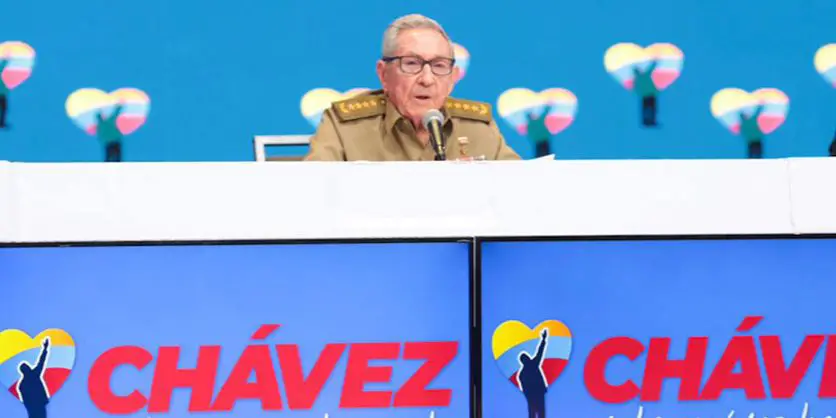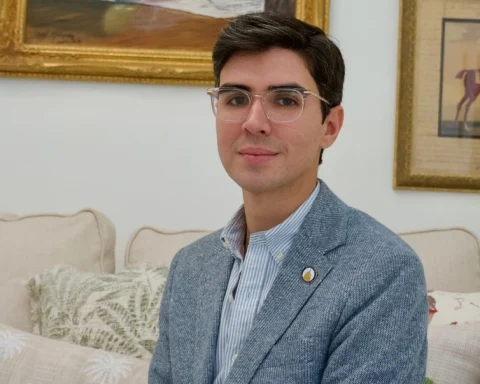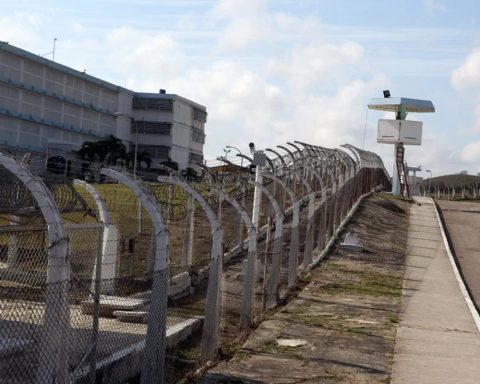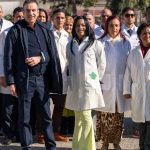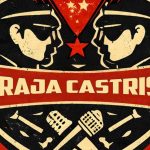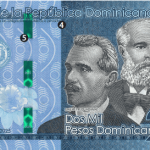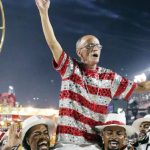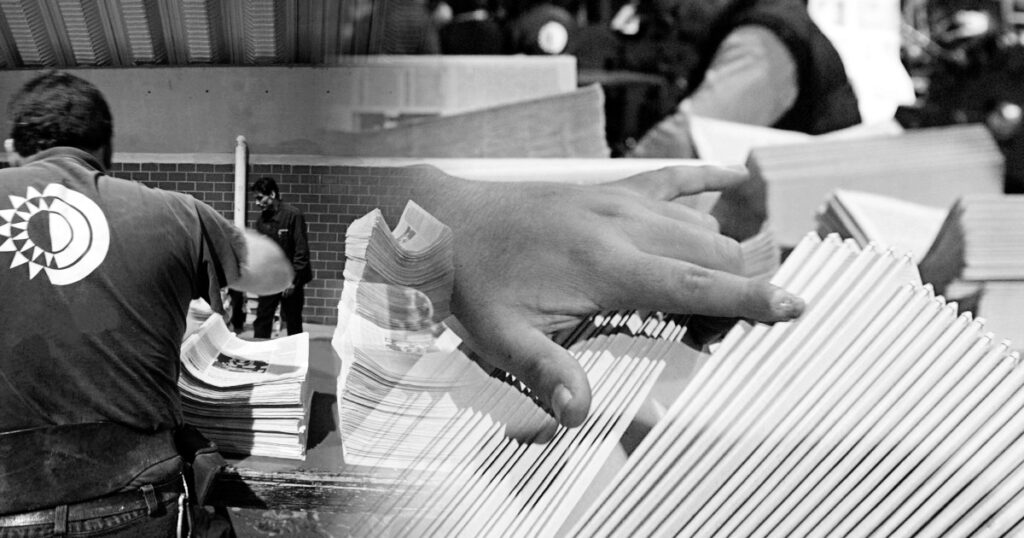Havana Cuba. – Raúl Castro concluded his international ostracism when traveling to Venezuela to honor Hugo Chávez on the tenth anniversary of his death, on March 5. With acceptable vitality for his almost 92 years of age, he walked through the Cuartel de la Montaña, although he held his speech with a trembling hand at the World Meeting for the Validity of the Commander’s Bolivarian Thought.
Beyond the ideological and affective ties with the llanero soldier, this displacement seems to overlap agreements between Castro himself, Vladimir Putin and Nicolás Maduro to face political and economic crises, strengthen internal and external security mechanisms, move away from condemnation of Russia by the invasion of Ukraine and renew influence in Latin America and the Caribbean, taking advantage of the coincidence of new leftist presidents in the region.
The stay of two close associates of Putin for a few hours in Havana ―departing for Caracas― suggests these conclusions. Since he left official positions in 2018 and 2021, Raúl Castro has only appeared on exceptional occasions: important meetings of the Communist Party and the National Assembly, funeral ceremonies, the March of the Torches on January 28, and the very selective reception of visitors. foreigners
The official Cuban delegation was made up of Ramiro Valdés, Prime Minister Manuel Marrero and Foreign Minister Bruno Rodríguez. The Minister of Public Health, José Ángel Portal Miranda, and the Minister of Energy and Mines, Vicente de la O Levy, also traveled to Caracas. This composition reaffirms that the general continues in command, in agreement with the commander of the Revolution and the military, to seal political commitments, negotiate oil, the electrical system, the sale of medical services and medicines, as well as decide the use of the foreign exchange. Meanwhile, Díaz-Canel is running with the meager resources available to the government, seeking to convince starving, underpaid and hopeless Cubans to participate in the March 26 elections.
Raúl Castro received Army General Nikolai Patrushev, Secretary of the Security Council of the Russian Federation, on a working visit on February 28. Aleksander Venediktov and Oleg Khramov, Undersecretaries of the Security Council, and Nail Mukhitov, Advisor to the Secretary of the Security Council, also participated. On the Cuban side, Díaz-Canel and the Minister of the Interior, Division General Lázaro Alberto Álvarez Casas, attended.
Nicolás Maduro also received them, accompanied by the first combatant Cilia Flores, the sectoral vice president for Political Sovereignty, Security and Peace, Vladimir Padrino, and the chief of the General Staff of the National Armed Forces Command, Ornelas Ferreira, according to official media. cubans.
For his part, Díaz-Canel received Igor Sechin, executive director of the Rosneft oil company, on March 3. The ruler stressed gratitude to all parts of the Russian Federation, and particularly Sechin’s efforts to address the shortage of medical oxygen during the COVID-19 pandemic. When he left, his trip to Caracas for the day of tribute to Chávez was made public, but tripartite meetings were probably held, very important in the immediate future.
Cuba desperately needs the fuels, supplies of which Venezuela has dwindled markedly, so it has to procure them at world market prices, and capital maintenance or replacement of decrepit power plants, other vital industries and transportation. However, the Cuban regime lacks liquidity and access to credit due to the accumulation of large debts and his stay on the list of sponsors of terrorism.
The Russian oil company Zarubezhneft exploits the Boca de Jaruco fields in Santa Cruz del Norte, but crude oil extraction has decreased. The use of Cuban oil, with a very high sulfur content, has deteriorated the thermoelectric plants, which have been in operation for almost four decades, when the useful life under normal conditions is around 30 years.
Russian executives have stressed that Putin oversaw the commitments established during Díaz-Canel’s visit in November 2022, and the annual sessions of the Collaboration Commission. As for Venezuela, Rozneft owns the Petromonagas (40%), Petromiranda (32%), Petroperija (40%), Boquerón (26.6%), Petrovictoria (40%) and Junín 6 (more than 30%) crude oil fields. However, there have been difficulties for its exploitation due to the sanctions of the United States, according to a publication BBCNews. The Russian government has large loans and bailouts pending.
Regarding the participation in the tributes to Hugo Chávez, the absence of the presidents of Brazil, Mexico, Honduras, Argentina and Colombia was notable. Only Luis Arce, from Bolivia, attended; Daniel Ortega, from Nicaragua; Roosevelt Skerrit of Dominica and Ralph Gonsalves of Saint Vincent and the Grenadines, then President pro tempore of CELAC. The former presidents Rafael Correa, from Ecuador, also participated; Mel Celaya, from Honduras and Evo Morales, from Bolivia.
OPINION ARTICLE
The opinions expressed in this article are the sole responsibility of the person who issues them and do not necessarily represent the opinion of CubaNet.
